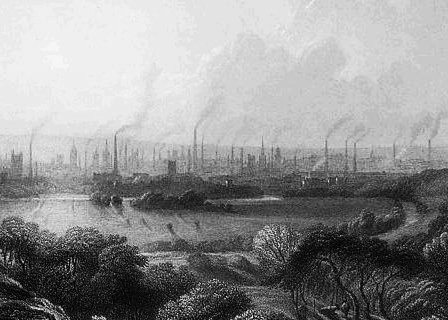Technology won’t save us from global warming
Anyone who has been stuck in a traffic jam has thought how an extra lane would open traffic and undo the jam.
Anyone who has studied traffic knows that creating more lanes creates more traffic, not less.
More efficient technology tends to increase consumption
People think of technology as making things more efficient. More efficiency should lower power use, right? Sometimes it does, but in the long run in many cases it leads to increased overall use, as traffic does. In the case of efficiency, it’s called Jevon’s Paradox, after a guy who noticed in the 1860s that more efficient coal-based steam engines led to using more coal.

More efficient steam engines increased coal consumption, not decreased.
You may think efficiency should solve problems, not increase them. Nice theory, but when observation and theory conflict, what actually happens in the world is what happens. You have to create a new theory.
With traffic, the effect is called the Downs–Thomson paradox. In a related effect, people take more risks when wearing seat belts or bicycle helmets, keeping the risk about where it was. As with other technological advances, the Green Revolution didn’t save lives. It enabled humanity to overshoot the planet’s carrying capacity.
Increased efficiency makes systems less resilient and prone to fail
Say we do make our technologies and systems more efficient. The closer you run a system to peak efficiency, the more you produce, but the more that small problems can shut down its operations. As we make our society more efficient, we risk small problems shutting down its operations. The system would be more resilient running below peak efficiency.
When the system is global human population, problems mean more than a slower factory or selling off a division. Problems can mean a population lowering, meaning people dying.
Technology can help
Technology can help, combined with other techniques in a systemic approach. Alone it doesn’t solve the environmental problems people expect it to. It can buy time while we solve other problems, such as overpopulation, pollution, and so on.
If you think new technologies alone will solve our environmental problems, you may be helping set us up for bigger failure down the road.
Read my weekly newsletter

On initiative, leadership, the environment, and burpees